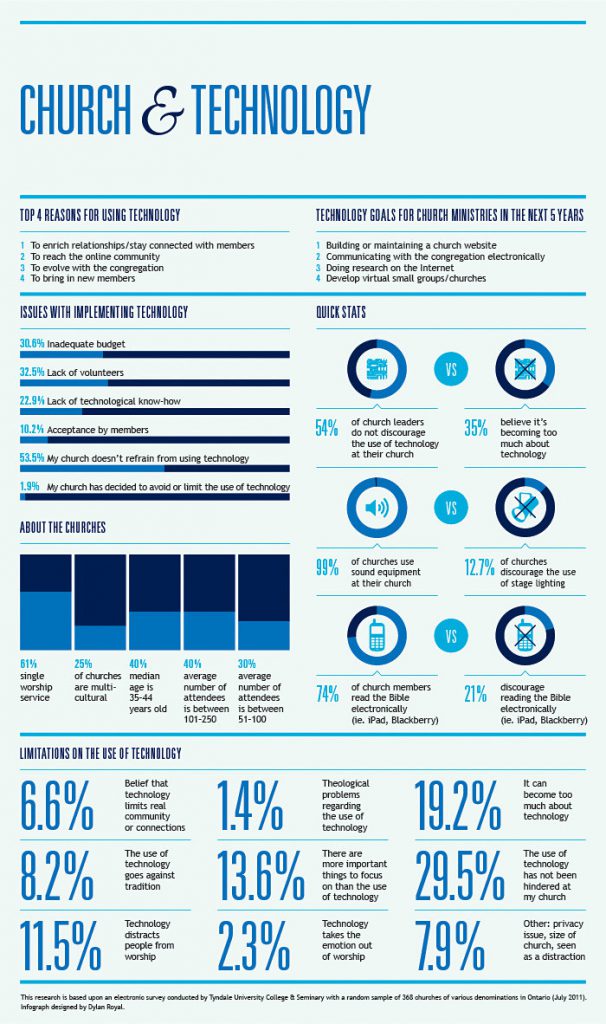Check Out The Intriguing Development Of Catholic Institutions And Their Substantial Effect On Education And Learning-- Might Their Customs Be The Solution To Future Understanding?
Check Out The Intriguing Development Of Catholic Institutions And Their Substantial Effect On Education And Learning-- Might Their Customs Be The Solution To Future Understanding?
Blog Article
Write-Up Created By-McPherson Kumar
When you take into consideration the history of education, Catholic colleges stand out for their deep-rooted traditions and long-term influence. These establishments started as a way to impart belief and worths, but they've adapted remarkably over centuries. Today, they play an essential function fit not just scholastic success however also moral integrity. What's fascinating is how they've managed to prosper among altering social landscapes, questioning about their future importance and impact.
The Origins of Catholic Education: A Historical Perspective
Catholic education traces its roots back over 1,500 years, when early Christian communities acknowledged the demand for organized learning. You'll find that these neighborhoods aimed to pass on their faith and worths via education.
Top Private Christian schools In Leland and cathedral colleges ended up being facilities of knowing, nurturing both spiritual and intellectual growth. As Private schools Leelanau County dig much deeper, you'll see that the educational program often consisted of ideology, faith, and the liberal arts, made to create well-rounded people.
In time, the Church developed a lot more formal establishments, making sure that education and learning stayed available to all. https://squareblogs.net/carl46carol/just-how-catholic-education-grows-personality-and-promotes-academic-excellence to teaching moral values and promoting a sense of neighborhood has actually lingered with the centuries, forming the educational landscape and influencing countless lives worldwide.
This enduring heritage continues to influence Catholic education today.
The Development of Catholic Schools Through Social Contexts
As cultures developed, so did the function of Catholic institutions, adapting to the social contexts in which they existed. In the early years, these institutions concentrated primarily on religious guideline, however as neighborhoods diversified, they started to include neighborhood languages, personalizeds, and educational needs.
You 'd observe that Catholic institutions usually became centers for social cohesion, fostering a sense of belonging amongst trainees from different backgrounds. In numerous regions, they dealt with societal concerns, such as destitution and discrimination, by supplying accessible education for all.
As you discover various societies, you'll see how Catholic colleges have moved their educational program and mentor approaches, showing the values and challenges of their settings while remaining true to their fundamental objective of faith and academic quality.
The Modern Duty and Influence of Catholic Schools in Culture
In today's world, Catholic schools play a vital role in shaping not simply the instructional landscape, however also the wider area.
You'll discover that these organizations highlight values like respect, concern, and social justice, fostering all-round people who contribute favorably to culture. By focusing on academic excellence and moral development, Catholic institutions prepare trainees for future difficulties, supporting crucial reasoning and leadership abilities.
They often offer varied populaces, linking voids in accessibility to top quality education. In addition, you may see their dedication to solution, urging pupils to participate in community outreach and volunteer work.
This mix of education and learning and ethical support makes Catholic colleges a significant pressure, growing accountable people who can affect their areas for the better.
Conclusion
To conclude, Catholic colleges have a rich history that's formed their enduring effect on culture. You have actually seen how they've adjusted to numerous cultural contexts while preserving a dedication to confidence, values, and academic excellence. Today, they continue to play an important role in cultivating neighborhood, advertising social justice, and nurturing accountable residents. As you reflect on their legacy, it's clear that Catholic institutions remain a powerful force for favorable change in the world.
